Episodes

Thursday Sep 01, 2016
Why a Rare Genetic Disease May Shed Light on Normal Aging
Thursday Sep 01, 2016
Thursday Sep 01, 2016
Werner’s and Hutchinson-Gilford Progeria Syndromes are rare, genetic diseases that causes children to appear to suffer from advanced aging at young ages. The syndromes are of particular interest to researchers because of the potential they may have to help understand the biology of normal again and lead to ways to counter aging-related diseases. We spoke to Brian Kennedy, president and CEO of the Buck Institute for Research on Aging, about his progeria research, the potential to repurpose existing drugs to combat these syndromes, and what insights into normal aging are being gained from the study of progeria.
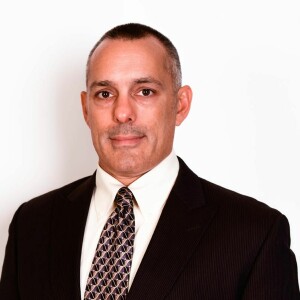
Thursday Aug 25, 2016
Battling Zika and Other Diseases Like It
Thursday Aug 25, 2016
Thursday Aug 25, 2016
Concern about the spread of the Zika virus has sparked efforts to develop therapies and vaccines to counter it. But the outbreak reflects a growing threat from zoonetic diseases, once thought of as being contained to tropical regions, that are making incursions into the developed world. We spoke to Jim Pannucci, director for infectious disease research at Southern Research, about Zika, the work his organization is doing around the virus, and whether we need to rethink investment in prevention and treatment of such diseases.

Thursday Aug 18, 2016
Chronicling a Trailblazer of the Genomics Age
Thursday Aug 18, 2016
Thursday Aug 18, 2016
Lee Hood was a visionary who helped enable the genomics age. Journalist Luke Timmerman, in his newly published biography of Hood, chronicles the scientist career and achievements, as well as the controversies that surrounded him. We spoke to Timmerman about Hood, the conflicts that shaped his career, and the significance of his contributions to the field of biology.
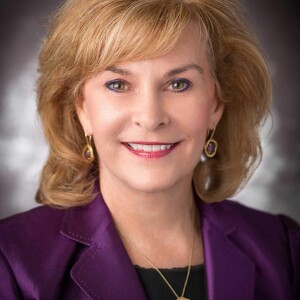
Thursday Aug 11, 2016
Great Progress, but Concerns Persist About Cancer Care in America
Thursday Aug 11, 2016
Thursday Aug 11, 2016
Despite continued scientific and medical progress, the American Society of Clinical Oncology offered a mixed picture in its annual report on The State of Cancer Care in America earlier this year. While advances have been made in combating some cancers, mortality rates for others remain unchanged or have increased. There’s disparity in care, concerns about the rising cost of therapy, and uncertainty about how new payment models will affect care. We spoke to Julie Vose, immediate past president of ASCO, about the report, where additional work is needed, and how to balance the need to make cancer care affordable while encouraging innovation.
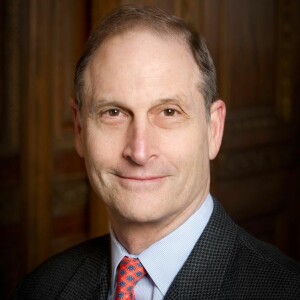
Thursday Aug 04, 2016
Improving Healthcare by Addressing the Most Challenging Patients
Thursday Aug 04, 2016
Thursday Aug 04, 2016
People with multiple chronic conditions represent about 5 percent of the patient population in the United States, but account for half of the nation’s healthcare spending. In order to improve care and reduce costs overal there’s an urgent need to do a better job of treating these patients, according to a recent perspective in the New England Journal of Medicine from the heads of five leading healthcare foundations. We spoke to David Blumenthal, president of the Commonwealth Fund and one of the authors of the piece, about why improving care for this population is critical, why there’s not a single solution to treating what is actually a diverse population of patients, and what these foundations are doing to address the problem.

Thursday Jul 28, 2016
The Case for Chasing Unpopular Indications
Thursday Jul 28, 2016
Thursday Jul 28, 2016
Neglected diseases and drugs to counter addiction represent unmet medical needs, but they have been areas that pharmaceutical companies have been reluctant to pursue. Savant HWP is in clinical development on an experimental drug that targets both of these indications. We spoke to Stephen Hurst, CEO of Savant HWP about the company’s strategy, the unique compound that can address two seemingly unrealated indications, and the role priority review vouchers can play in providing drug developers with incentives to pursue indications that might otherwise be ignored.
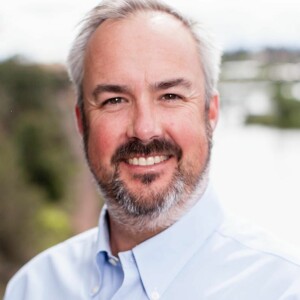
Thursday Jul 21, 2016
Improving Drug Development through Better Use of Biomarkers
Thursday Jul 21, 2016
Thursday Jul 21, 2016
The use of biomarkers has long held the promise accelerating drug development and producing safer and more targeted drugs to meet the needs of patients. The explosion of genetic, proteomic, and metabolomic data, as well as the emergence of the human microbiome, is rapidly growing the world of biomarkers, but with that comes challenges for researchers and drug developers about knowing what’s available and how well validated these biomarkers may be. We spoke to John Audette, president and co-founder of Amplion, about the company’s database, which seeks to make biomarker information accessible to researchers, the role biomarkers can play in improving the drug development process, and how their increased use can bring about a long anticipated era of precision medicine.

Wednesday Jul 13, 2016
Measuring the Value of Incubators and Accelerators
Wednesday Jul 13, 2016
Wednesday Jul 13, 2016
Incubators and accelerators have been proliferating in California, but little has been done to track their activities and analyze their performance. The California Business Incubation Alliance recently released a study of the performance of incubators and accelerators in California, the contribution they make to the state’s economy, and whether they deliver value to the entrepreneurs that use them. We spoke to Matt Gardner, CEO of the California Technology Council and lead author of the report, about its findings, why gathering data about incubators and accelerators is so challenging, and why the findings include a word of caution to entrepreneurs. As a matter of full disclosure, Matt is a friend, client, and partner and I served as an editor on this report.
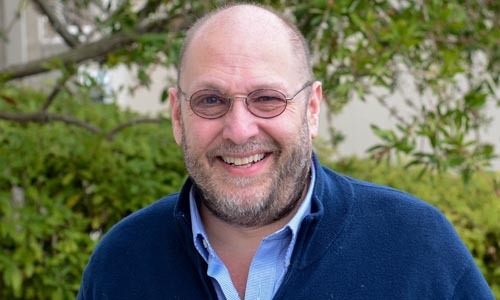
Daniel Levine
Daniel Levine is an award-winning business journalist who has reported on the life sciences, economic development, and business policy issues throughout his career. He is founder and principal of Levine Media Group, host of The Bio Report and RARECast podcasts, a senior fellow at the Center for Medicine in the Public Interest, and author of Global Genes’ annual NEXT report on emerging trends in the world of rare disease. From 2011 to 2014, he served as the lead editor and writer of Burrill & Company’s acclaimed annual book on the biotech industry. His work has appeared in numerous national publications including The New York Times, The Industry Standard, and TheStreet.com.

